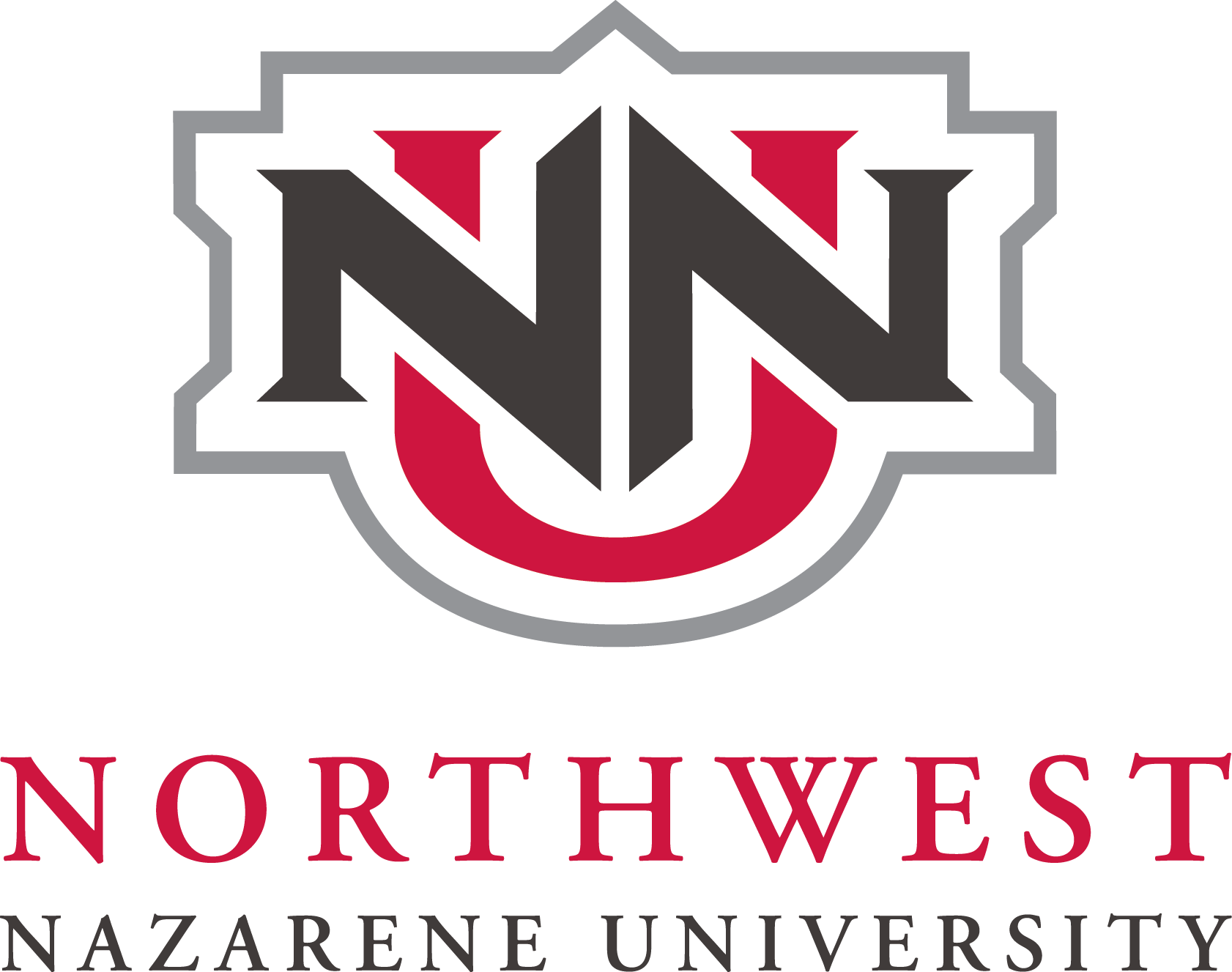GPS Admissions
208.467.8383
gps@nnu.edu
Department of
Counselor Education
Department of Counselor Education
The Counselor Education Department at NNU offers master’s degrees in Clinical Mental Health Counseling (CMHC); Marriage, Couple, and Family Counseling (MCFC); and School Counseling (SC). Each program prepares students with the professional competencies necessary for entry level counseling and therapeutic direct service delivery. It also provides a base for those students who wish to pursue doctoral level study.

Program Outcomes
Program graduates typically complete all requirements for licensure while enrolled in the program (including the national exam) and apply for licensure as a counselor after graduation.
From the Nampa Campus in the 2024-2025 academic year, NNU graduated 26 students from the Counseling Master in Science program. 20 students graduated from the CMHC track, 3 from the MCFC track, and 3 from the SC track. The completion rates in each track were 90% for CMHC, 80% for MCFC, and 80% for SC. Of the 2024-2025 graduates who reported their NCE results to us, 100% of students passed. Among those seeking jobs, 94% of CMHC, 100% of MCFC, and 100% of SC students placed in jobs in their final semester. In Twin Falls, 8 students graduated: 3 on the CMHC track, 2 on the MCFC track, and 3 on the SC track. The completion rates were 100% for the CMHC track and 50% for the School track (Twin Falls does not offer an MCFC track; those students opted to take classes in Nampa). Of those who reported their NCE results to us, 100% passed. 100% of the students have accepted employment.
The Northwest Nazarene University Department of Graduate Counselor Education was re-accredited in 2025 (with progress report required). The Council for Accreditation of Counseling and Related Educational Programs re-accredited the Clinical Mental Health Counseling; Marriage, Couple, and Family Counseling; and School Counseling programs through the year 2033.
Graduate Degree Options
Program Objectives
The NNU Counselor Education faculty have worked diligently to solidify wording and accurate descriptions of the program objectives to align with the 2016 CACREP standards. As a result of this work, Program Objectives related to core themes of the department were constructed and identified as follows:
Critical Analysis: The Counselor Education Department seeks to educate academically prepared counselors.
Critical Analysis is defined as the capacity to expand knowledge through critical thinking, evaluation and synthesis of literature and research, as well as developing the capacity to engage with the body of knowledge by conducting original research and utilizing existing research in guiding clinical assessment, planning and decision-making.
Professional Identity and Development: The Counselor Education Department aims to produce counselors who establish and maintain a strong connection to the profession. Professional Identity and Development refers to the intentional identity transformation as a professional counselor, including intellectual, social and experiential engagement in appropriate professional activities and making contributions to the field of counseling.
Relational Knowing: The Counselor Education Department aims to prepare skilled and relationally competent practitioners. Relational Knowing is defined as the capacity of the student to cultivate positive, caring professional relationships with individuals, groups, supervisors, colleagues and peers, as well as exhibit strong social and counseling skills for working within systems and within the broader community.
Social and Cultural Responsiveness: The Counselor Education Department intends to produce multiculturally competent and socially minded practitioners. Social and Cultural Responsiveness is defined as cultural self-awareness, diverse social awareness, intentional advocacy within appropriate social and professional counseling contexts, and purpose-driven service to the broader culture and the counseling profession.
Dispositions: The Counselor Education Department aspires to prepare dispositionally appropriate counselors who are a good fit for the profession. Dispositional Inquiry refers to the goodness of fit between the individual, the NNU graduate counseling program, and the overarching field of counseling. This also includes the student’s personification of the characteristics of professional helpers, as well as the broader characteristics associated with being spiritually grounded, emotionally healthy, mature adults. Central to NNU program outcomes is dispositions. While CACREP has few standards related to dispositions, the person of the counselor and his/her appropriateness for the field is believed by the NNU counselor education faculty to be central to competence in performance outcomes.
Incorporated into these five program objectives are 20 key performance indicators. The department embraces the concept that students need to demonstrate effectiveness in the core curriculum in order to have the capability of demonstrating effectiveness in the program standards. The faculty of NNU’s Counselor Education program are committed to ongoing evaluation and assessment as we endeavor to educate, train and prepare competent, compassionate and spiritually grounded counselors to assist members of our diverse society.
Mission Statement: The mission statement of the NNU Counseling program is to prepare competent and compassionate counselors to assist members of our diverse society as they face life challenges and mental health issues in nonmetropolitan community, family and school settings.
Accreditation
NNU’s graduate counseling programs are accredited by the Council for Accreditation of Counseling and Related Educational Programs (CACREP), a specialized accrediting body recognized by the Council for Higher Education Accreditation (CHEA), which is a requirement for licensure in many states. NNU’s Adventure Play Therapy Center (Center) is an approved Center of Play Therapy Education by the Association for Play Therapy (APT).












